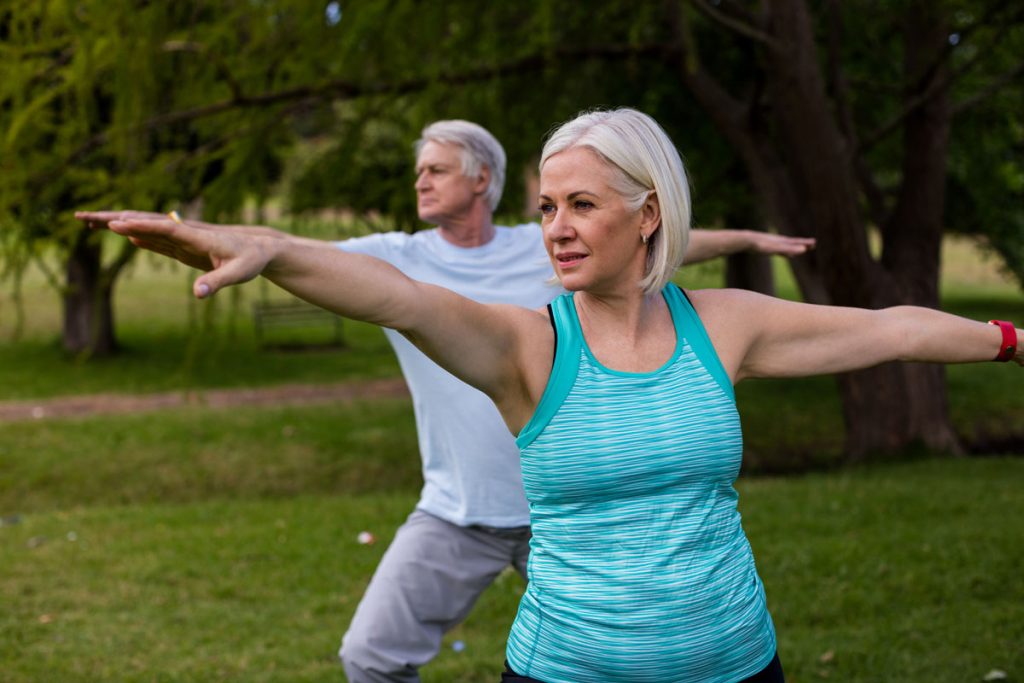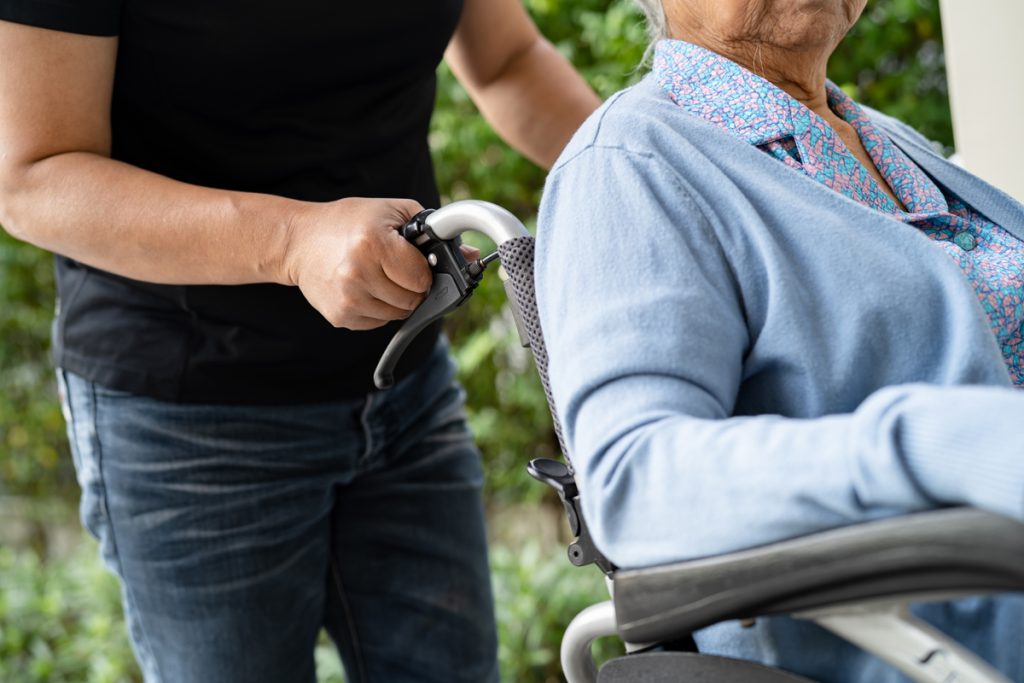7 Stages Of Lewy Body Dementia

Often confused for schizophrenia or Alzheimer’s, Lewy Body Dementia (LBD) is one of the most common forms of dementia. LBD can either develop slowly or quickly over time when combined with other brain disorders, according to nia.nih.gov. On average, LBD symptoms are present for a long time before changes become noticeable. While the lifespan associated with those suffering from LBD is 5-8 years, recent studies have shown it is possible to live anywhere from 2-20 years after diagnosis.
Stages Of Lewy Body Dementia
Typically, LBD is categorized by three stages: early, middle and late. The beginning of LBD can include some mild hallucinations or delusions. Individuals suffering from the first stages may act out some dreams while sleeping. Slight movement difficulties have also been linked to the start of LBD.
Memory should remain intact during the early stages, but moments of confusion are still possible. Slight cognitive changes may be observed at this point.
Stage 1. No Noticeable Changes
The first stage of LBD usually goes unnoticed by friends and family. LBD will have no impact on an individual’s life during stage one.
Symptoms:
- No symptoms present.
Stage 2. Mild Changes
Just like the previous stage, this point of LBD will yield very little signs that a disease is present. Memory issues may be easily passed off as a normal sign of aging.
Symptoms:
- Some difficulty finding the right words.
- Still possess ability to overcome memory issues.
- Normal functioning in and around the home.
Stage 3. Noticeable Changes
The third stage of LBD is where most of the changes can be noticed. Loved ones should be able to see alterations in the individual’s thinking, reasoning and actions. Memory issues will become more troublesome at this point.
Symptoms:
- Moments of forgetfulness.
- Trouble recalling certain words and names.
- Trouble paying attention.
- Money management issues.
Stage 4. Mild Dementia
Despite the mild dementia, anyone going through this stage of LBD should still be able to recall friends, family and significant past events.
Symptoms:
- Trouble with motor skills.
- Forgetting some names and items.
- Daily routine issues.
- Forgetting where items had been placed.
Stage 5. Moderate To Severe Dementia
Individuals at this point should still remember family members, but they will likely have increased trouble recalling past events. Anyone suffering from LBD will need help performing daily tasks during stage five.
Symptoms:
- Personality changes.
- Mood swings.
- Bladder issues.
- Increased problems with memory.
- Repetitive thoughts and questions.
Stage 6. Severe Mental Decline
Memories will quickly fade during this stage of LBD. It’s strongly recommended to invest in round-the-clock at-home care during this stage.
Symptoms:
- Unusual eating habits.
- Getting lost and confused.
- Trouble speaking.
- Delusions.
- Strong mood swings.
- Lack of awareness.
Stage 7. Final Stage
At this time, individuals will no longer be able to recognize loved ones. 24-hour care is now a necessity.
Symptoms:
- Loss of ability to speak, eat and swallow.
- Constant disorientation.
- Loss of bladder/bowel control.
- Bed ridden.
MeasurAbilities, LLC
Thinking about adding safety grab bars, a raised toilet seat or other modifications to prevent falls in your home? Our physical and occupational therapists provide free home safety screenings, and will make clinically guided fall prevention recommendations, as well as create a customized plan to fit your individual needs. We follow up with clinically guided installation of all of our fall prevention home safety products.
Our clinically guided solutions will ensure you and your loved ones can navigate your home environment safely and with confidence. Visit our Home Safety Solutions page to learn about the products and services we provide and install (we are licensed, bonded and insured), to help you prevent falls in your home.
Related Posts




